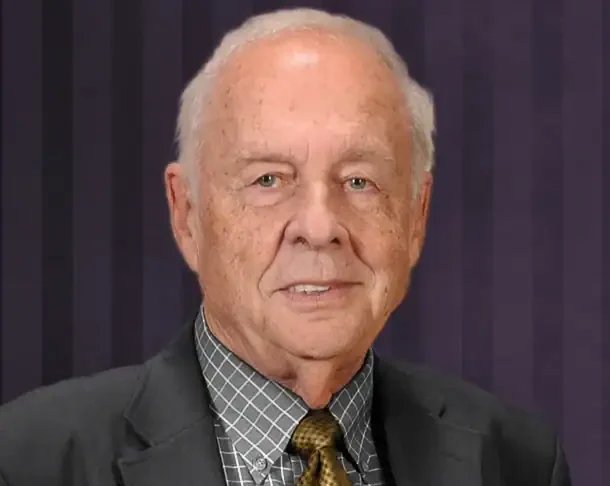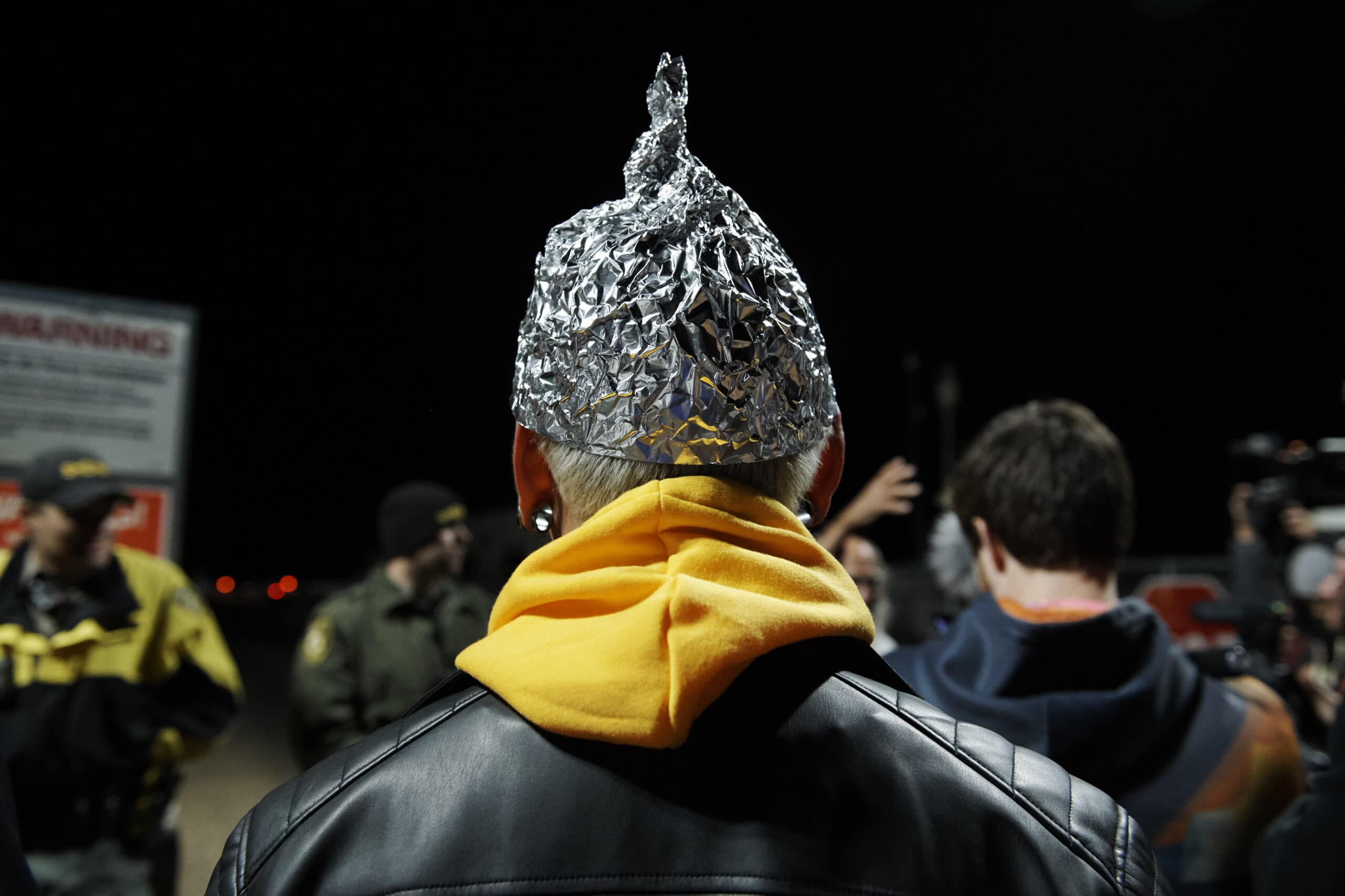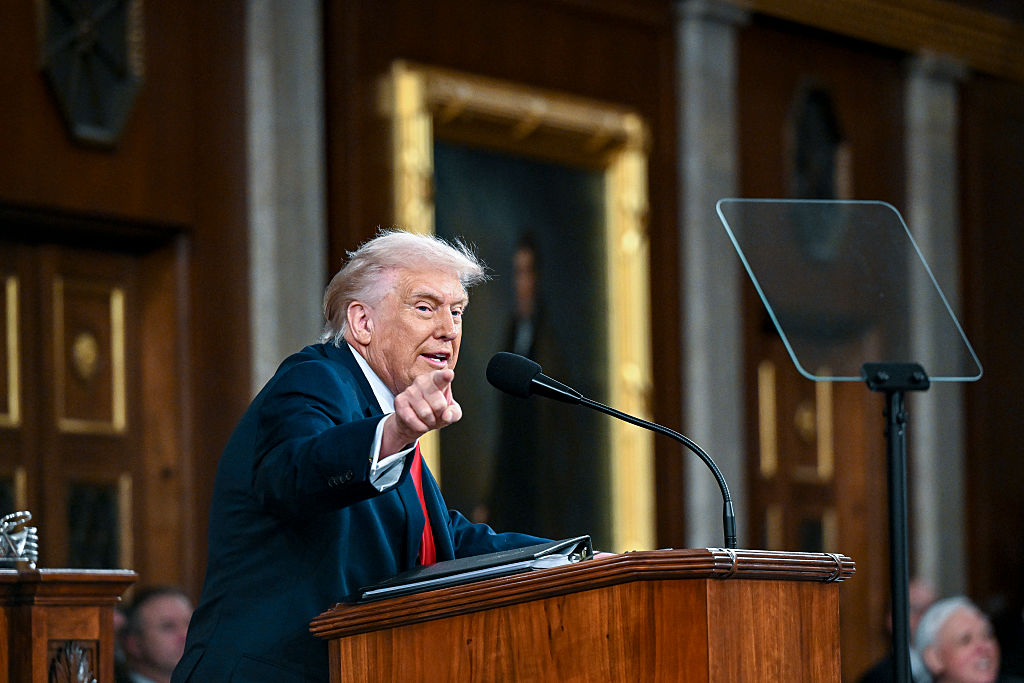Are Liberal Pastors Hiding in Conservative Churches?

“There are pastors in this denomination who do not believe in the bodily Resurrection of Jesus Christ,” said my pastor, Dr. Jim Singleton.
That statement didn’t come from the pulpit but rather from inside a leadership meeting back around 2010.
The Presbyterian Church (USA) has been theologically sliding for decades, a tragic trend that has triggered a mass exodus of both members and entire congregations.
To be sure, the decline hasn’t been isolated to one denomination. The American mainline Protestant drop has been in the headlines since many of us were children. Demographic shifts and suburban spread are often cited as reasons. But the main driver of the decline has been churches very deliberately deviating from or outright denying the truth of God’s Holy Word.
Shortly after arriving in Colorado Springs in the late 1990s, I began attending First Presbyterian Church, located in the heart of our city. It was led by Dr. John H. Stevens, a longtime pastor who had arrived in the late 1960s. A dynamic preacher dedicated to the faithful teaching of the Bible, the three morning services were regularly filled. Extra chairs were often pulled out.
Dr. Stevens retired in 2004, and Dr. Jim Singleton became senior pastor. It’s difficult to follow a legendary figure, but Jim deftly accomplished the challenge. His teaching was inspiring, convicting and engaging. Like John, he was always faithful to the Scriptures.
Ordained as an elder, I began attending monthly session meetings. In addition to typical church business, we began talking about grave concerns with the church’s denomination – Presbyterian Church (USA). While these issues had been bubbling up for years, our congregation was largely unaffected thanks to pastors holding the line and remaining true to biblical doctrine.
But Dr. Singleton had developed a relationship with numerous other conservative pastors over the years and had been navigating a rising discontent and frustration across the denomination. They formed what became known as “The Fellowship of Presbyterians” and began dreaming and discussing the formation of a new denomination.
Jim Singleton was warning about heretics within a dying denomination and helped us work through plans to break away from the PC(USA). It was also where he shared about the wolves in sheep’s clothing (my words, not his) – the pastors he knew who were concealing their true beliefs in order to keep the peace – and protect their pensions.
The First Presbyterian Church of Colorado Springs congregation eventually voted to leave the PC(USA) and join the newly formed Covenant Order of Evangelical Presbyterians (ECO). There are now nearly 400 congregations in the denomination – many of whom transitioned from the PC(USA).
Even given significant theological differences, many Christians struggle with leaving a church congregation in which they’ve been long established. It’s more than just loyalty. It could be family history. The late Dr. Adrian Rogers used to say that Christians would tell him in reference to their now liberal church, “I can’t leave. My parents are buried in the cemetery behind the church!” Dr. Rogers would tell them, “Listen, if they could get up and move, they would!”
At the same time, even conservative denominations are not immune from liberal infiltration. Search committees review sermons, ask questions, and check references. But it’s not a one-and-done process. Instead, it should be an ongoing conversation. Ministers are not immune from pressures and cultural persuasion. Accountability and support are critical components of any successful pastorate.
Pastors who might conceal their more progressive or liberal opinions from the pulpit to keep their jobs is a sensitive and highly volatile concern. If you have such suspicions, you should meet with your pastor and talk it through. What might seem like theological liberalism today might well be a misunderstanding. It could be a lack of confidence or a reluctance to offend. In turn, our encouragement might go a long way. Said Dr. Billy Graham, “When a brave man takes a stand, the spines of others are often stiffened.”
This hour calls for strong and courageous pastors who will unapologetically proclaim the truth of God’s Word. Ours is a confused world that’s reeling and hungry for guidance. Our pastors hold an oversized role and responsibility to help lead the charge and show how Jesus Christ can revolutionize and redeem the culture.
Image from Shutterstock.
ABOUT THE AUTHOR
Paul J. Batura is a writer and vice president of communications for Focus on the Family. He’s authored numerous books including “Chosen for Greatness: How Adoption Changes the World,” “Good Day! The Paul Harvey Story” and “Mentored by the King: Arnold Palmer's Success Lessons for Golf, Business, and Life.” Paul can be reached via email: Paul.Batura@fotf.org or Twitter @PaulBatura
Related Posts

Remembering Dr. Joe Wheeler
February 26, 2026

Conspiracy Claims and Our Christian Call to Be Discerning
February 26, 2026


